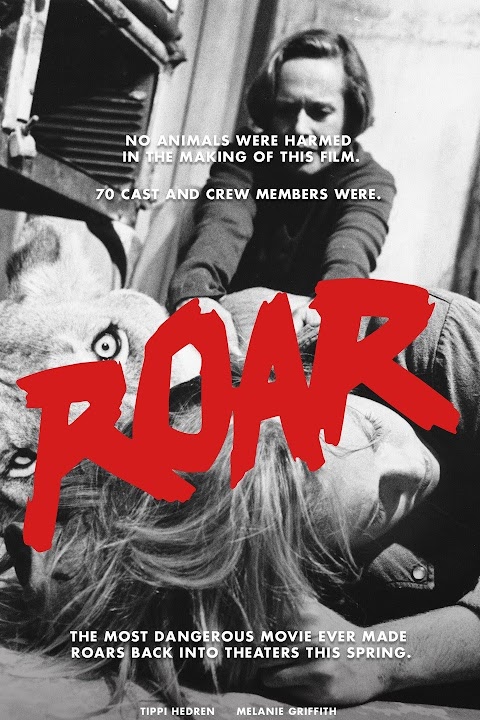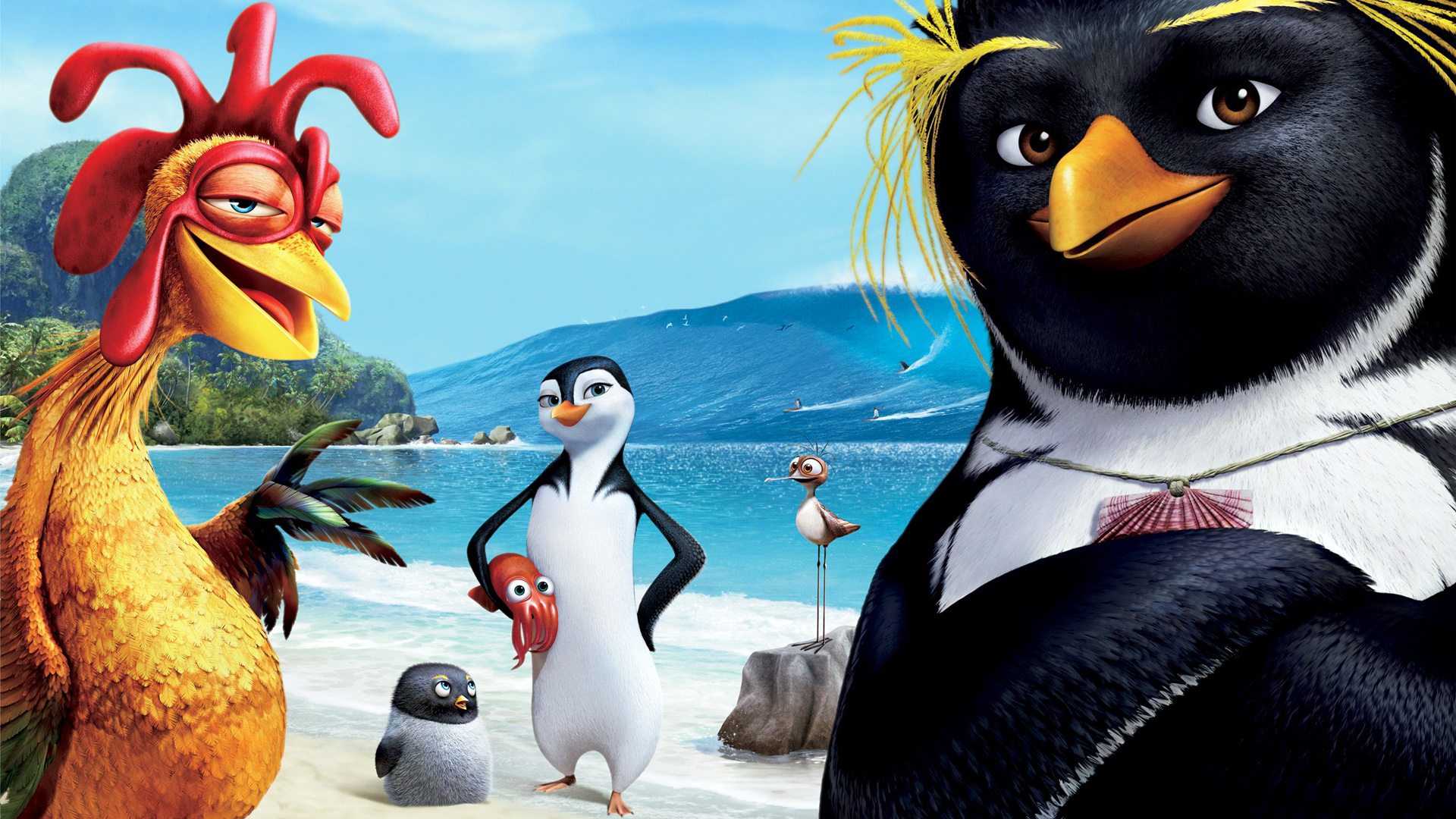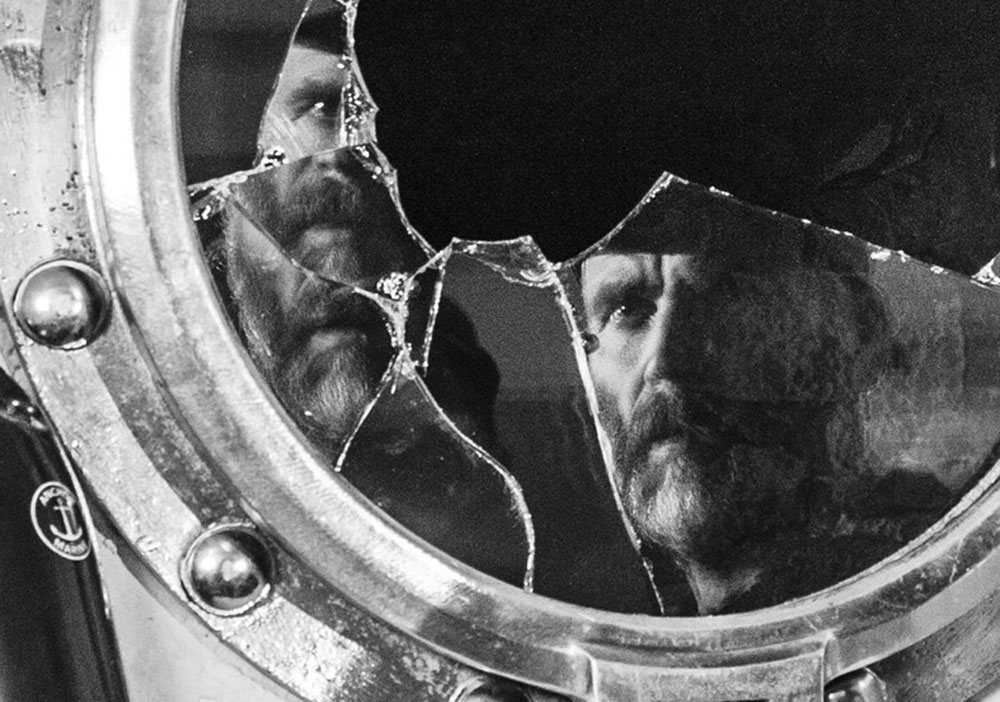Tag: Experimental
-

Roar. Dir. Noel Marshall. Film Consortium, Filmways Pictures. 1981
“No Animals were harmed in the making of this film. 70 cast and crew members were”. A film tagline that instantly grabs your attention. The Drafthouse re-release in 2015 coined this moniker for the 1981 box-office blunder[1] “Roar”, which lacks plot, conventionality and, as the curious tagline suggests: a lack of safety measures for the actors…
-

Surf’s Up. Dir. Ash Brannon & Chris Buck. Columbia Pictures. 2007.
Released in 2007, during the surge of penguin movies, Surf’s Up is a unique animated mockumentary exploring how penguins are the ‘real’ inventors of the worldwide sport, surfing. A documentary crew (ironically, Brannon and Buck cast themselves) follow the journey of Cody Maverick (Shia LaBeouf), a Rockhopper penguin from Antarctica who dreams of becoming a…
-
The Secret of NIMH. Dir. Don Bluth. MGM/UA Entertainment Company. 1982.
“We can no longer live as rats. We know too much.” The Secret of NIMH is remembered by many as a dark, creepy, and disturbing film, with retrospectives published in recent years referring to it as leaving basically every kid who sees it with a lingering dread. Don Bluth’s directorial debut after leaving the Walt…
-
Stalker. Dir. Andrei Tarkovsky. Mosfilm. 1979.
Andrei Tarkovsky’s science-fiction film, Stalker (1979), is marked by depression, desolation and barren wastelands.[1] The film’s loose narrative follows three men into The Zone, a disturbingly conscious and supernatural area of nuclear disaster. Whilst there, the eponymous Stalker encounters a black dog at various points on the journey. As the Stalker waits for his wife in the bar,…
-
The Lobster. Dir. Yorgos Lanthimos. Picturehouse Entertainment. 2015.
The Lobster is a modern parable in which societal norms are completely called into question by absurdity of form. In the not too distant, or not too past, world of The Lobster, single people are sent to a hotel in which they must find a mate in 45 days or otherwise be turned into an animal of…
